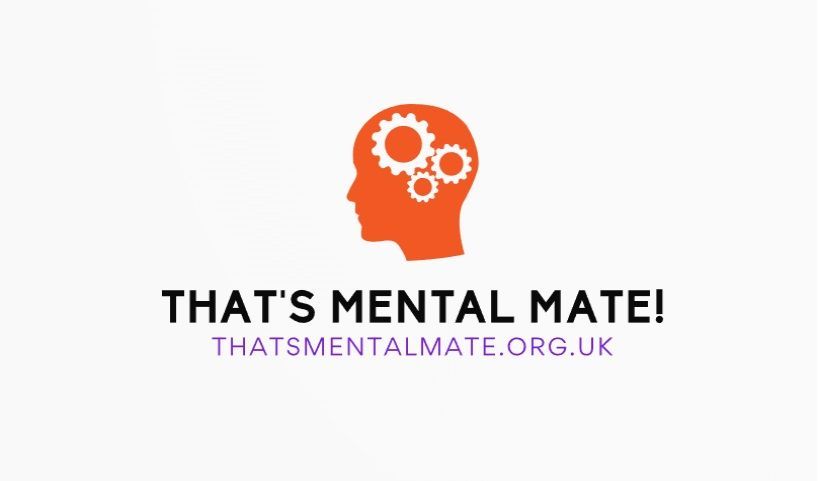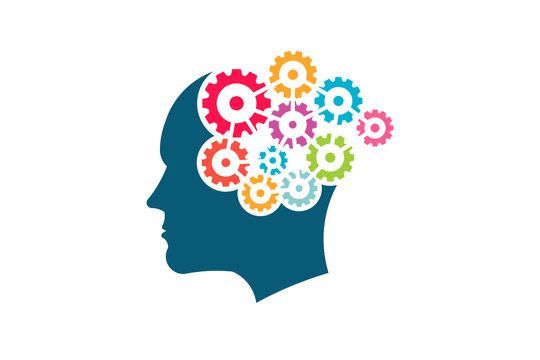Share Page
ADHD
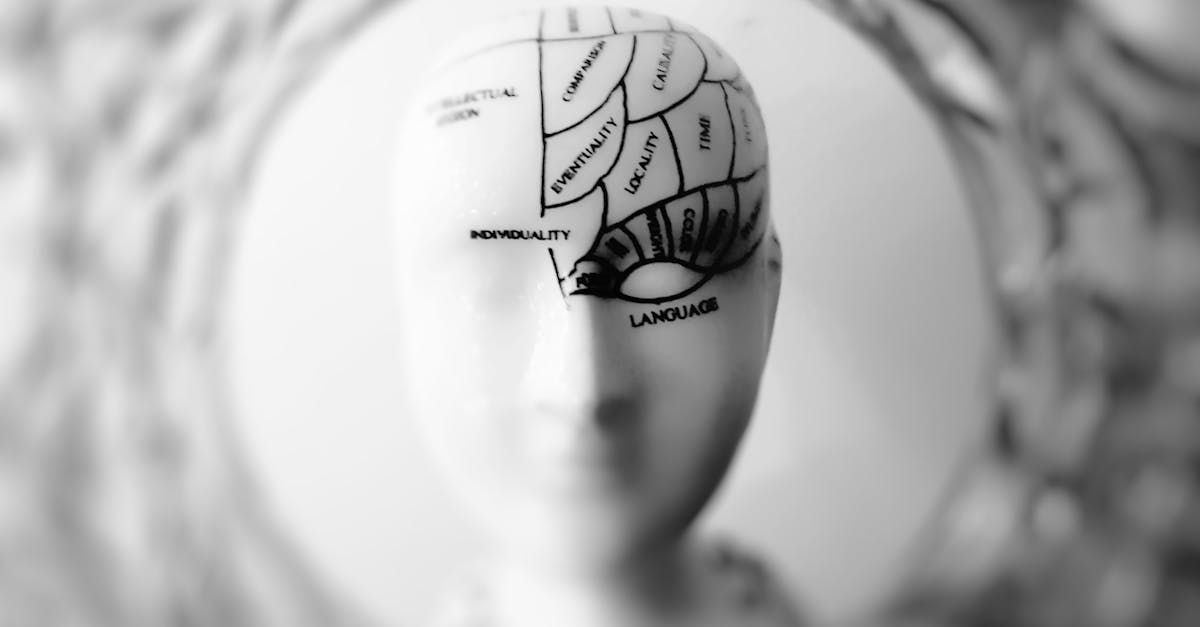
What is ADHD?

Attention deficit hyperactivity disorder (ADHD) is a condition that affects people's behaviour. People with ADHD can seem restless, may have trouble concentrating and may act on impulse.
Symptoms of ADHD tend to be noticed at an early age and may become more noticeable when a child's circumstances change, such as when they start school.
Most cases are diagnosed when children are under 12 years old, but sometimes it's diagnosed later in childhood.
Sometimes ADHD was not recognised when someone was a child, and they are diagnosed later as an adult.
The symptoms of ADHD may improve with age, but many adults who were diagnosed with the condition at a young age continue to experience problems.
People with ADHD may also have additional problems, such as sleep and anxiety disorders.
It's also a good idea to speak to a GP if you're an adult and think you may have ADHD, but were not diagnosed with the condition as a child.
What are the symptoms of ADHD?
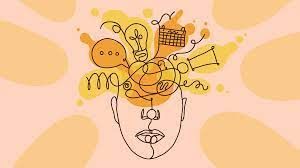
Attention deficit hyperactivity disorder (ADHD) shows up as two main types of behavior problems:
- Trouble paying attention (difficulty concentrating and focusing).
- Being overly active and impulsive.
Many people with ADHD have both types of problems, but some only have issues with attention. This form of ADHD is called attention deficit disorder (ADD), and it can be harder to notice since the symptoms are less obvious.
ADHD is more often found in boys than girls. Girls usually show more signs of inattention without being disruptive, so they might not get diagnosed as often.
Signs of ADHD in kids and teens are clear and usually show up before age 6. These signs appear in different settings, like at home and school.
Kids might have problems with both attention and hyperactivity/impulsiveness, or just one type.
Signs of trouble paying attention:
- Short attention span, easily distracted.
- Making careless mistakes (like in schoolwork).
- Forgetfulness or losing things.
- Difficulty sticking to tasks that are boring or take a long time.
- Trouble following instructions.
- Constantly changing activities.
- Difficulty organizing tasks.
Signs of hyperactivity and impulsiveness:
- Can't sit still, especially in calm settings.
- Constant fidgeting.
- Trouble concentrating.
- Excessive physical movement or talking.
- Can't wait their turn.
- Acting without thinking.
- Interrupting conversations.
- Little or no sense of danger.
These symptoms can cause problems like doing poorly in school, trouble getting along with others, and discipline issues.
Related conditions in children and teens with ADHD:
- Anxiety disorder (worry and nervousness, sometimes with physical symptoms like fast heartbeat, sweating, and dizziness).
- Oppositional defiant disorder (ODD) (negative and disruptive behavior, especially toward authority figures).
- Conduct disorder (antisocial behavior like stealing, fighting, vandalism, and harming people or animals).
- Depression.
- Sleep problems (trouble falling asleep or irregular sleep patterns).
- Autism spectrum disorder (ASD) (affects social interaction, communication, and behavior).
- Dyspraxia (affects physical coordination).
- Epilepsy (causes repeated seizures).
- Tourette's syndrome (involuntary noises and movements).
- Learning difficulties (like dyslexia).
Symptoms in adults:
ADHD symptoms in adults are harder to define due to less research. ADHD starts in childhood, but symptoms often continue into adulthood. Adult symptoms can be different and more subtle than in children.
Hyperactivity often decreases in adults, but inattention may persist as adult responsibilities increase.
Possible adult ADHD symptoms:
- Carelessness and lack of attention to detail.
- Starting new tasks before finishing old ones.
- Poor organizational skills.
- Trouble focusing or prioritizing.
- Losing or misplacing things.
- Forgetfulness.
- Restlessness and edginess.
- Difficulty keeping quiet and speaking out of turn.
- Interrupting others.
- Mood swings, irritability, and quick temper.
- Trouble dealing with stress.
- Extreme impatience.
- Risk-taking behavior (like dangerous driving).
Related conditions in adults with ADHD:
Adults with ADHD might also have:
- Depression.
- Personality disorders (significant differences in thinking, feeling, or relating to others).
- Bipolar disorder (mood swings).
- Obsessive-compulsive disorder (OCD) (obsessive thoughts and compulsive behaviors).
ADHD behavior problems can lead to difficulties in relationships and social interactions.
What are the treatments for ADHD?

ADHD can be managed with a combination of treatments. Here are the main types of treatments for ADHD:
1. Medications:
Stimulants: These are the most commonly prescribed medications and include drugs like methylphenidate (Ritalin, Concerta) and amphetamines (Adderall, Vyvanse). They help increase attention and focus by boosting certain brain chemicals.
Non-Stimulants: These include medications like atomoxetine (Strattera) and guanfacine (Intuniv). They are often used when stimulants are not effective or cause severe side effects.
2. Behavioral Therapy:
Behavioral Therapy for Children: Focuses on helping children develop social skills, organize tasks, and complete schoolwork. It often involves parents and teachers to help reinforce positive behaviors.
Cognitive Behavioral Therapy (CBT) for Adults: Helps adults manage symptoms by changing negative thought patterns and behaviors, improving time management, and setting realistic goals.
3. Education and Training:
Parent Training and Education Programs: Help parents understand ADHD and develop strategies to manage their child's behavior.
Social Skills Training: Teaches children and adults with ADHD how to interact more effectively with others.
4. School-based Interventions:
ECHP's: Provide accommodations and modifications to help children with ADHD succeed in school, such as extended test times, seating arrangements, and tailored instruction methods.
5. Lifestyle Changes:
Healthy Diet: Maintaining a balanced diet can help manage ADHD symptoms. Some people find that avoiding certain foods or additives can reduce symptoms.
Regular Exercise: Physical activity can help improve concentration, decrease impulsivity, and improve mood.
Adequate Sleep: Ensuring consistent, good-quality sleep can help manage symptoms.
6. Alternative Treatments:
Mindfulness and Meditation: These practices can help improve focus and reduce stress.
Neurofeedback: A type of biofeedback that uses real-time monitoring of brain activity to help people learn how to control their brain waves.
7. Support Groups and Counseling:
Support Groups: Can provide a community and shared experiences for people with ADHD and their families.
Individual Counseling: Helps individuals with ADHD manage emotional and social challenges.
Treatment plans should be personalized based on the individual's specific symptoms and needs, and they often work best when multiple approaches are combined. Regular follow-ups with healthcare providers are important to monitor progress and make necessary adjustments.
Right to choose
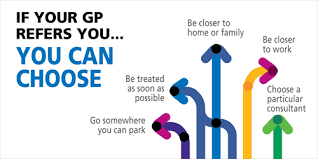
If you live in England and are covered by the NHS, you now have the legal right to choose your mental healthcare provider and team.
This important right allows you to select different providers if the waiting time for your ADHD assessment is too long. The providers must offer services within the NHS in England.
The Right to Choose in Mental Health was introduced in 2018, so not everyone may be aware of it. This includes some patients, GPs, and clinicians. We have provided an explanation specifically for those going through the ADHD assessment process. See below for more details.
(Additionally, we offer a downloadable support letter for individuals whose GP initially declined their request by clicking here).
For more information, visit the NHS link on NHS Choices:
https://www.nhs.uk/using-the-nhs/about-the-nhs/your-choices-in-the-nhs/)
Right to choose Providers – ADHD Assessments
We are aware of the following Right to Choose providers.
If you are aware of any more then please let us know.
Accepting new referrals:
ADHD360 is a viable option in exercising your Right To Choose (RTC). Our services are available for Adults, as well as for Children aged 14 and 15, under the RTC framework.
ProblemShared focuses on strength-based, person-centred neurodevelopmental assessments sets us apart.
Psychiatry-uk.com may be the largest provider of right-to-choose ADHD assessments in the UK. Their assessments are predominately done by video call,
which has become commonplace since the start of the pandemic.
Dr J and Colleagues provide both Right to Choose and Private ADHD and Autism Assessments. They are a small provider and tell us that means they can work through the funding provision from the NHS particularly quickly.
Clinical Partners provide both Right to Choose and Private ADHD and Autism Assessments.
It is important to note that Clinical Partners provide an ADHD Assessment Service but they do not offer a medication titration service.
This is, therefore a great fit for individuals who want an ADHD Assessment but know that medication isn’t something they want to pursue.
Evolve Psychology has two clinics based in Harrogate, North Yorkshire and Huddersfield, West Yorkshire. They offer Right To Choose assessments for ADHD and Autism (or both as a combined neurodevelopmental assessment) for children/ young people up to the age of 19 who are in education.
They do not have a Right to choose service for adults (although they do have a private adult service for ADHD and Autism Services). They can accept referrals England-wide. They prefer face-to-face assessments but might be able to offer online assessments depending on individual circumstances if the team feel it would be appropriate.
Support
There are organisations and charities that can enable support for those suffering from ADHD. Just remember that ADHD doesn't have to be an anchor, it can be your superpower!
There are also some apps that might make things a tiny bit easier along the way. Click here to see some suggestions.
Additude
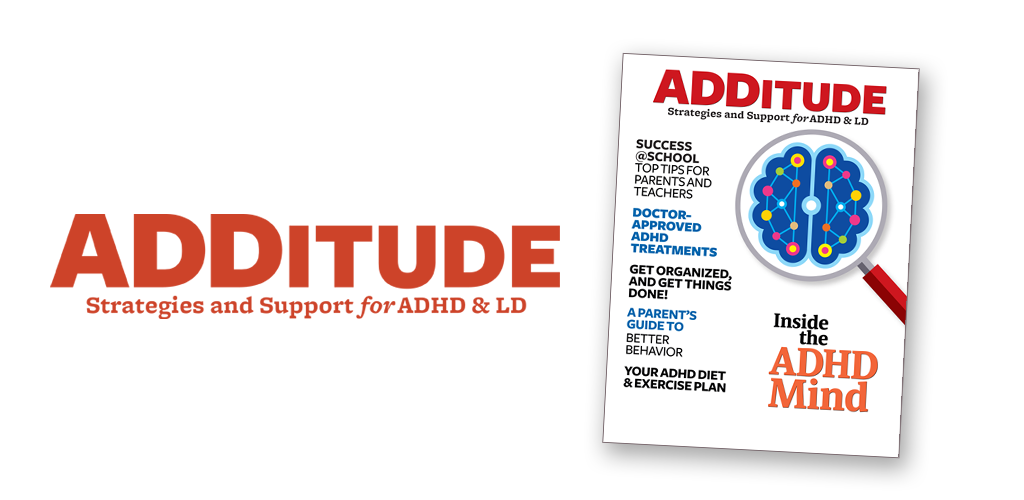 Go to site
Go to siteAddidtude is a magazine that offers advice and support for those with ADHD and connected mental health conditions.
ADHD Foundation
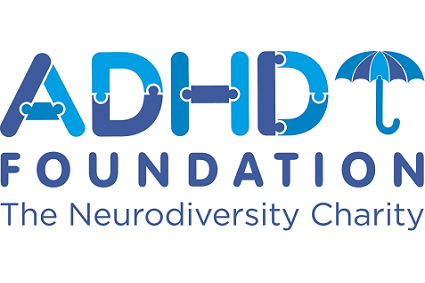 Go to site
Go to siteThe ADHD Foundation is the UK's leading neurodiversity charity, providing a strength-based, lifelong service for the one in five individuals living with ADHD, Autism, Dyslexia, DCD, Dyscalculia, OCD, Tourette’s Syndrome, and other conditions.
ADHD UK
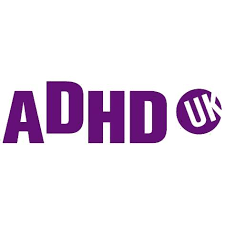 Go to site
Go to siteFounded in 2020, ADHD UK is dedicated to supporting individuals affected by ADHD, whether they have the condition themselves or are family, friends, employers, or colleagues of those who do.
Funded entirely by personal donations of time and money, ADHD UK recognizes that ADHD impacts a significant number of people in the UK, with each person experiencing it differently. Our mission is to help individuals navigate life with ADHD, reduce stigma, raise awareness, and conduct or fund research that positively impacts those with ADHD.
ADHDadultUK - The UK's Adult ADHD Charity
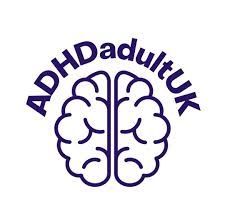 Go to site
Go to siteA registered charity set up to support adults with ADHD in the UK, through resources, The ADHD Adults podcast and links to evidence.
